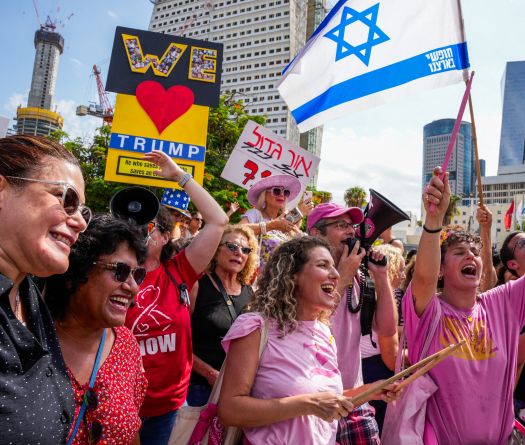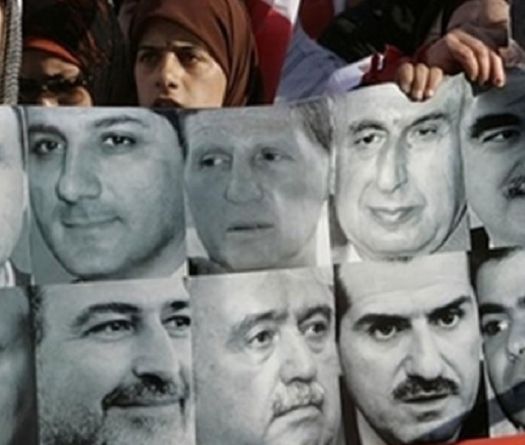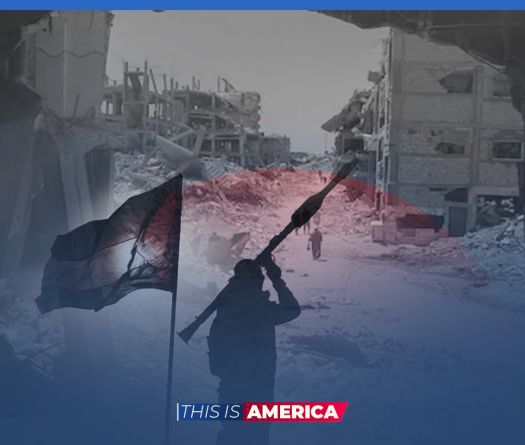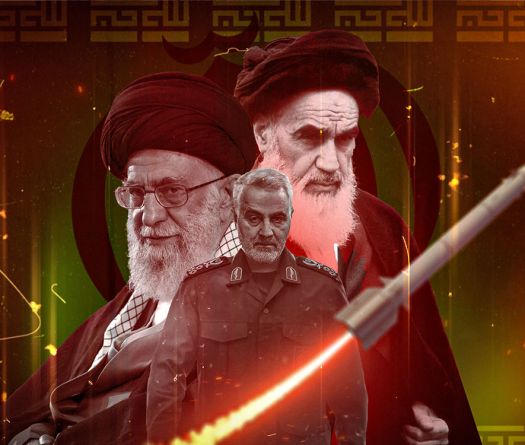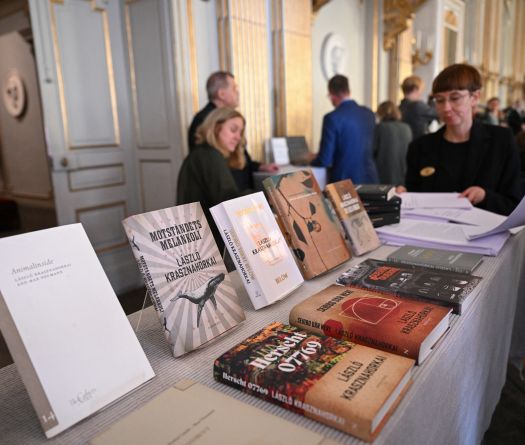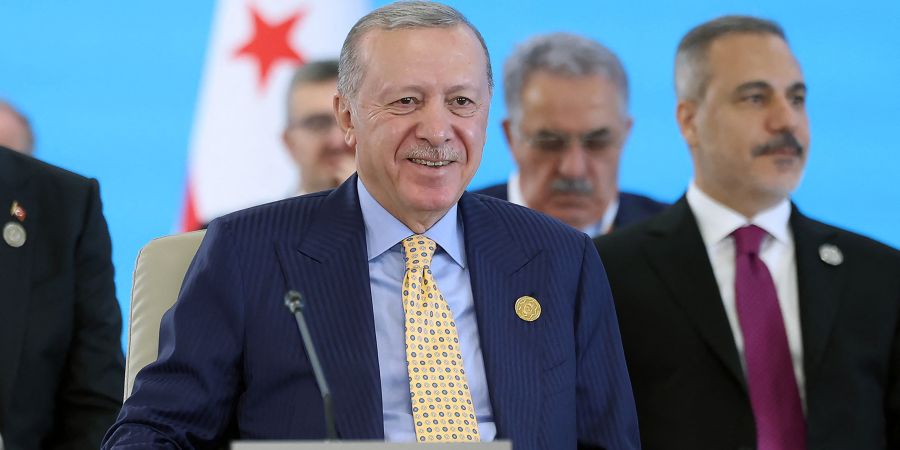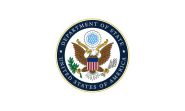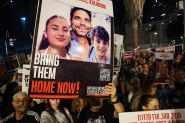Turkey to Join Task Force Monitoring Gaza Ceasefire
- 09/10/2025
- 0 comments
President Recep Tayyip Erdogan on Thursday said Turkey would participate in a "task force" to oversee the implementation of a ceasefire deal reached between Israel and Hamas. "We will hopefully join the task force that will monitor the implementation of the agreement on the ground," Erdogan said. Turkey, which has been closely involved in the ...
Read more
